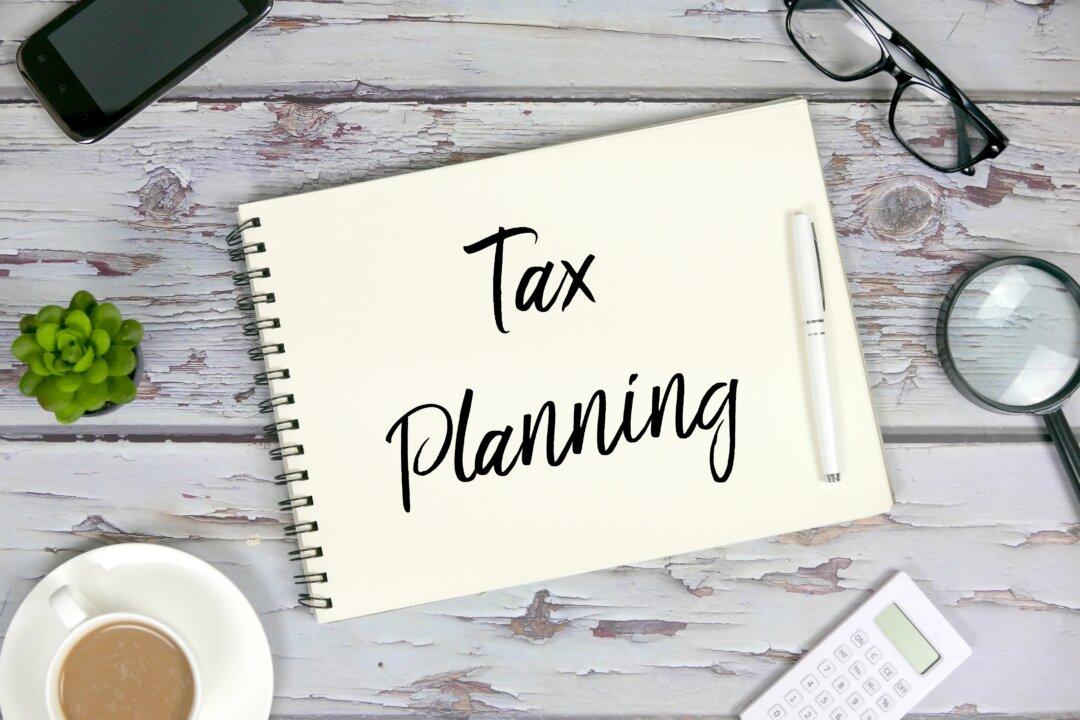Did you know that 67 percent of Americans are planning on setting financial resolutions for 2024? Data show that 36 percent more Americans are focusing on finance-related resolutions than in past years. Does this surprise you?
Inflation and interest rates have reached new highs, making it harder for the average American to afford basic necessities, like housing and groceries. Understanding the tax changes for 2024 can help you achieve personal financial success, reducing stress surrounding expenses now and in the future.





